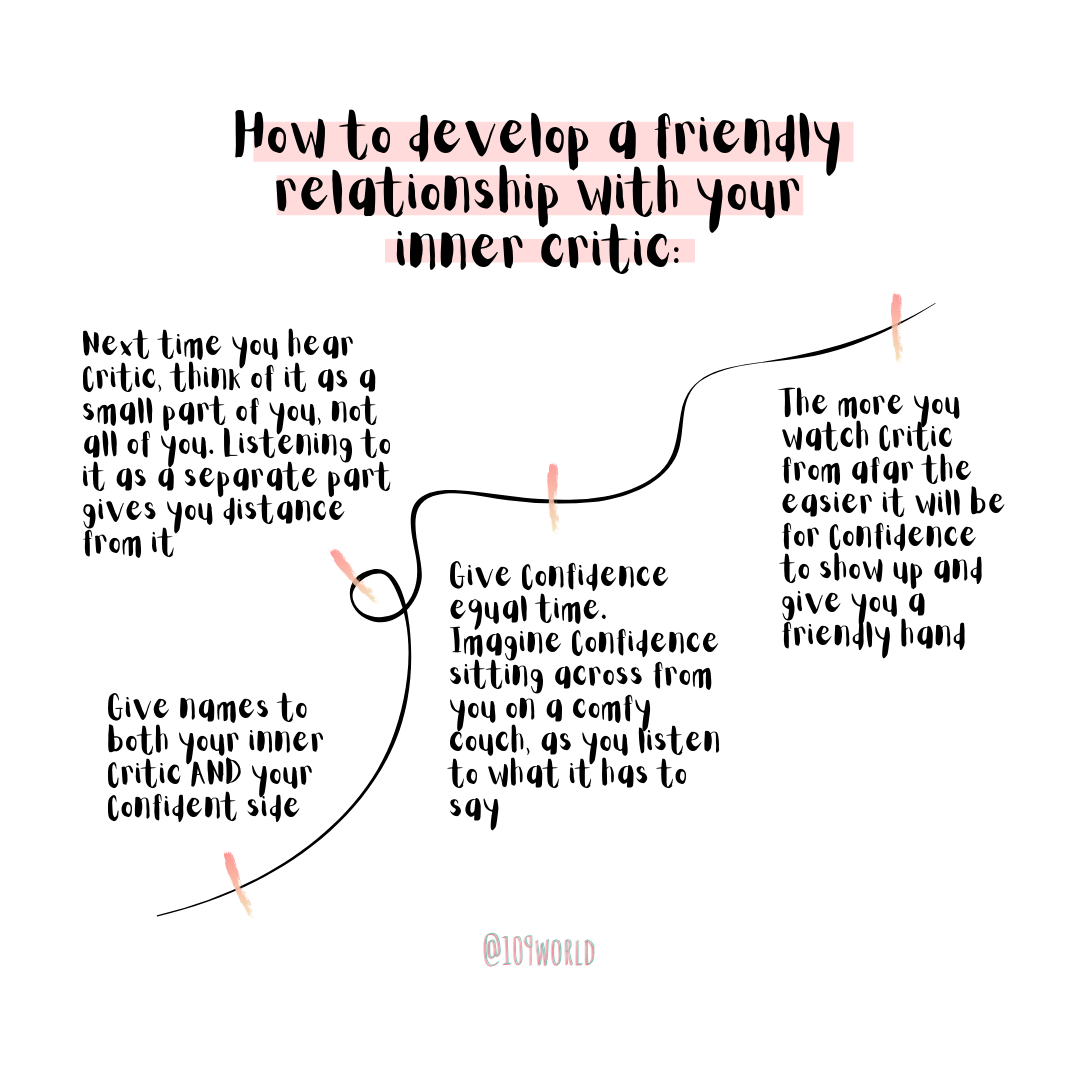The Canada Research Chair in Cognitive Neuroscience, Dr. Jordan Poppenk, has discovered we have more than 6,000 thoughts each day. On another research, the National Science Foundation has found that 80% of the thousands of thoughts we have are negative, and 95% are exactly the same repetitive thoughts as the day before.
On an article for the Neurosciencenews.com, Dr. Jordan Poppenk shared that “over the past 15 years, researchers have made large advances in cognitive neuroscience by using brain imaging to guess “what” a person is thinking about at any given time. They do this by comparing brain activity imaging to a series of known template brain patterns. But a key limitation with this research is that researchers need a template for every idea they want to observe. It’s expensive and time-consuming to generate these templates, so researchers are limited to searching for a relatively small set of possible ideas. We had our breakthrough by giving up on trying to understand what a person is thinking about, and instead focusing on when they have moved on,” Dr. Poppenk says. “Our methods help us detect when a person is thinking something new, without regard to what the new thought is. You could say that we’ve skipped over vocabulary in an effort to understand the punctuation of the language of the mind.”
Yes, our mind is fascinating as well as these researches and methodologies used by Dr. Poppenk . Also yes, everybody has an inner critic. But if the National Science Foundation findings that 80% of the thousands of thoughts we have are negative, you will agree with me that this number is a little too much.
Most of the negative thoughts we have come from that voice that lives inside our head, putting us under a terrifying microscope.
Most of the negative thoughts we have come from that voice that lives inside our head, putting us under a terrifying microscope. I am not sure if there is a way to completely eliminate our inner critic, but I know there are several ways we can develop a friendly relationship with it. Here’s the step by step of my favorite exercise of befriending my inner critic:
- First, you have to give names to both your inner critic and your confident side.
- Second, next time you hear Critic, think of it as a small part of you, not all of you. Listening to it as a separate part gives you distance from it and creates space for Confidence to join the conversation — that nurturing and encouraging voice, cheering you on like a best friend would.
- Third, start giving Confidence equal time, letting it acknowledge your accomplishments and positive qualities. Imagine Confidence sitting across from you on a comfy couch, as you listen to what it has to say.
- The more you watch Critic from afar the easier it will be for Confidence to show up and give you a friendly hand.



